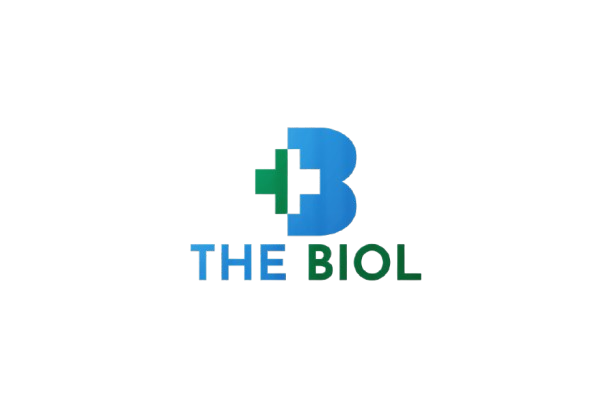Conflict of Interest
Conflict of Interest
The Biol understands the importance of transparency regarding potential conflicts of interest and is committed to addressing them. According to the International Committee of Medical Journal Editors, “a conflict of interest occurs when professional judgment on a primary interest (like patient welfare or the validity of research) may be influenced by a secondary interest (such as financial gain).” Perceptions of conflict of interest are just as important as actual conflicts. However, strict bans or harsh policies preventing individuals with conflicts of interest from publishing may encourage authors to hide relevant information. The Biol has established the following guidelines on conflicts of interest for authors, editors, and peer reviewers:
Authors
The Biol requires authors to declare any conflicts of interest related to their work. Authors must list all conflicts of interest in the manuscript’s ‘conflict of interest’ section just before the references. If there are no conflicts of interest, authors should state: “The authors declare no conflicts of interest.” Editors may ask for more details about conflicts of interest.
The corresponding author is responsible for disclosing any potential conflicts of interest held by co-authors and submitting completed disclosure forms from all co-authors. The conflict-of-interest statement or disclosure should be submitted before the manuscript is accepted. The following information must be declared at the time of submission:
- All sources of relevant funding, including direct and indirect financial support, equipment or material supply, and any specialist assistance (such as statistical or writing help);
- The role of any research funders or sponsors in the study’s design, execution, analysis, interpretation, and reporting;
- Any relevant financial or non-financial interests and relationships that may affect the interpretation of the findings or that editors, reviewers, or readers should know about. These could include but are not limited to, patent or stock ownership, board membership in a company, advisory board or committee membership, consultancy, or receiving a speaker fee from a company.
The journal seeks to apply scientific rigor to the study of complementary and alternative medicine (CAM) modalities, particularly traditional Asian healing systems. The Biol emphasizes health outcome, while documenting biological mechanisms of action. The journal is devoted to the advancement of science in the field of basic research, methodology or scientific theory in diverse areas of Biomedical Sciences. The journal does not consider articles on homeopathy.
